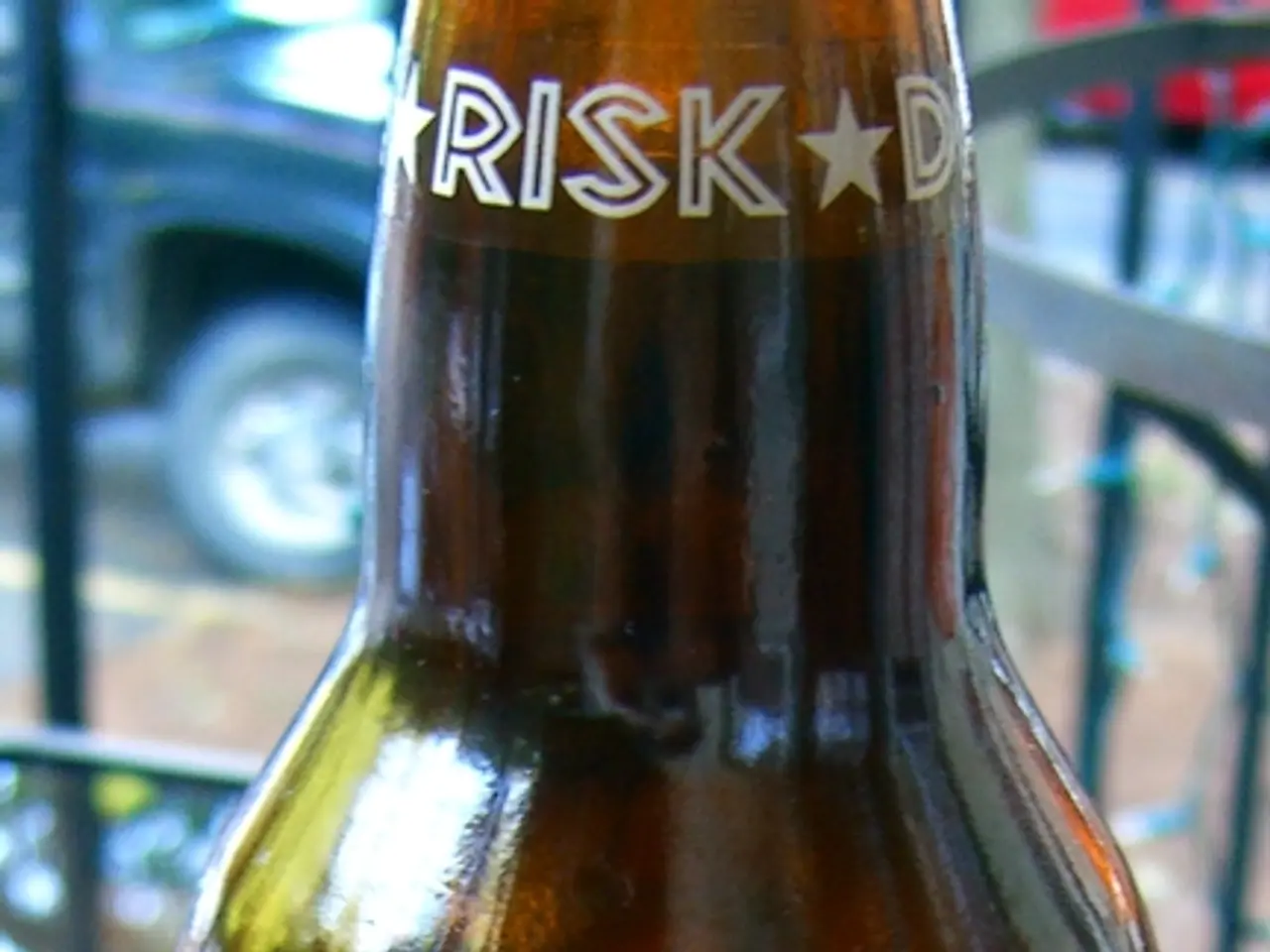Handling Toxic Individuals: A Guide for Navigation
In our daily lives, we may encounter individuals exhibiting toxic behaviour. These people can be subtle or overt in their manipulation, self-centeredness, and control, causing discomfort or harm to those around them.
Toxic behaviour often stems from underlying feelings of low self-esteem and mental health conditions such as narcissistic personality disorder (NPD), childhood trauma, or other deeply-rooted personal issues. If you're unsure if someone is behaving in a toxic way, seeking another opinion from a mental health professional might help you find clarity.
Interacting with a toxic person can leave you feeling confused, drained, angry, or full of anxiety. You may feel bad about yourself in some way, continually feel the need to help them, notice that your boundaries aren't being respected or you're being manipulated, experience guilt for saying "no", feel they won't take "no" for a final answer, feel like you're "walking on eggshells" around them, and frequently change your behaviour to adapt.
It's important to remember that you are not at fault for the negative feelings caused by a toxic individual. Their negative emotions are owned by the person who is projecting them onto you.
Recognising toxic behaviours and setting healthy boundaries, identifying ways to lessen your time around them, and working towards healing from any harm their behaviour has caused can help overcome toxicity in a healthy way.
People who tend to have toxic behaviours might not be easy to spot, but they may exhibit signs such as drama following them everywhere, mastery of manipulation, constant judgment of others, suffocating neediness, not seeing themselves as the problem, and refusal to admit when challenges genuinely exist (toxic positivity). Ignoring curiosity and communicating with toxic individuals on a need-to-know basis only can help avoid getting drawn into their drama.
In situations where cutting ties is not possible, limiting contact to only when necessary can help reduce stress and harm. Some toxic individuals may not be aware that their behaviour is harmful, making a heart-to-heart conversation about the impact on you a possible solution.
Research suggests that some people who behave in toxic ways may have certain "dark core" personality traits. If effective communication is challenging due to an underlying personality disorder or mental health condition, encouraging them to talk with a mental health professional about your concerns might be more beneficial.
Maintaining clear limits is a necessary step towards moving on and healing from toxicity. To cope with toxic people, it's important to set boundaries, even if it creates guilt, and exercise self-determination to stick to them.
In conclusion, recognising and dealing with toxic behaviour requires understanding, patience, and self-care. If you find yourself in a toxic situation, remember that it's not your responsibility to fix the other person, but to prioritise your own well-being and seek help when needed.
Read also:
- Impact of Alcohol on the Human Body: Nine Aspects of Health Alteration Due to Alcohol Consumption
- Understanding the Concept of Obesity
- Tough choices on August 13, 2025 for those born under Aquarius? Consider the advantages and disadvantages to gain guidance
- Microbiome's Impact on Emotional States, Judgement, and Mental Health Conditions







